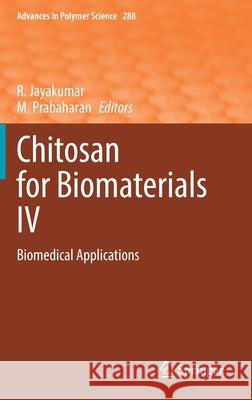Chitosan for Biomaterials IV: Biomedical Applications » książka
topmenu
Chitosan for Biomaterials IV: Biomedical Applications
ISBN-13: 9783030830205 / Angielski / Twarda / 2021 / 240 str.
Chitosan for Biomaterials IV: Biomedical Applications
ISBN-13: 9783030830205 / Angielski / Twarda / 2021 / 240 str.
cena 1207,67
(netto: 1150,16 VAT: 5%)
Najniższa cena z 30 dni: 1156,64
(netto: 1150,16 VAT: 5%)
Najniższa cena z 30 dni: 1156,64
Termin realizacji zamówienia:
ok. 16-18 dni roboczych.
ok. 16-18 dni roboczych.
Darmowa dostawa!
Kategorie BISAC:
Wydawca:
Springer
Seria wydawnicza:
Język:
Angielski
ISBN-13:
9783030830205
Rok wydania:
2021
Wydanie:
2021
Numer serii:
000042731
Ilość stron:
240
Waga:
0.83 kg
Wymiary:
23.39 x 15.6 x 2.69
Oprawa:
Twarda
Wolumenów:
01
Dodatkowe informacje:
Wydanie ilustrowane











